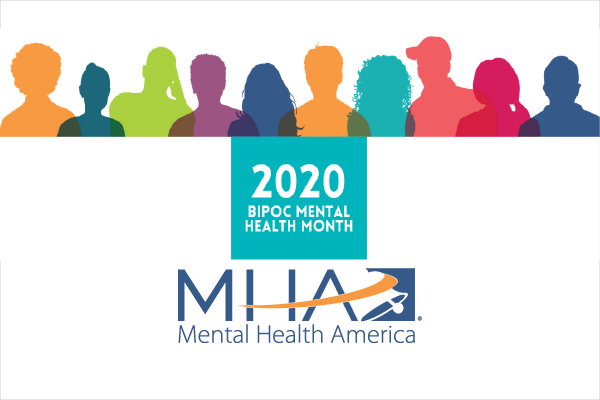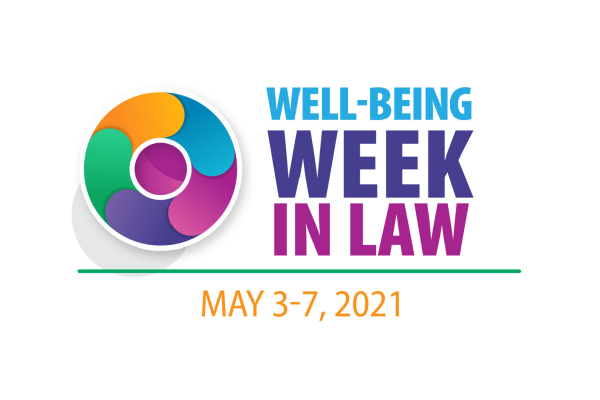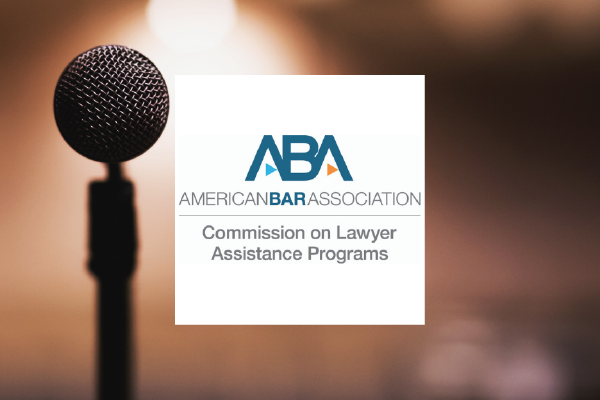July is Bebe Moore Campbell BIPOC Mental Health Month, and it deserves special attention in the legal profession.
Previously known as Minority Mental Health Month, Mental Health America explains why it makes sense to avoid using the word “minority” particularly in the mental health community:
The way we talk about things can often influence the way we think about them. In the field of mental health, we are familiar with “person first” language. This is language that prioritizes the identity of individuals as human beings with unique experiences and identities over their mental health status. For example, we avoid describing people as “schizophrenics” and instead refer to them as “people with schizophrenia.”
This concept can be carried out as well in the way we refer to BIPOC (Black, Indigenous, and People of Color). The continued use of “minority or marginalized” sets up BIPOC communities in terms of their quantity instead of their quality and removes their personhood. …
The word “minority” also emphasizes the power differential between “majority” and “minority” groups and can make BIPOC feel as though “minority” is synonymous with inferiority. Though “minority” and “marginalized” may continue to be used in academic spaces, the words the mental health community uses need to change in order to help communities understand how these terms create and perpetuate negative images and stereotypes of individuals that identify as BIPOC.
This month was first recognized in 2008 as Bebe Moore Campbell National Minority Mental Health Awareness Month to promote awareness about the unique struggles faced by oppressed groups in dealing with mental health in the United States. “Bebe Moore Campbell was an American author, journalist, teacher, and mental health advocate who worked tirelessly to shed light on the mental health needs of the Black community and other underrepresented communities,” from the MHA website.
Mental Health America offers a public information campaign each year, and this year has developed the 2020 Bebe Moore Campbell National BIPOC Mental Health Month Toolkit, offering:
- Links to updated information on our website;
- Lists of resources specifically for BIPOC and LGBTQ+ communities;
- Handouts on racism and mental health and racial trauma;
- An infographic built from MHA screening data on BIPOC and LGBTQ+ mental health;
- A Call to Action for people to share how discrimination and/or racism have affected their mental health using the hashtag #ImpactofTrauma;
A recent post on our blog covers more on racial trauma and resources for support. Apart from trauma, the revolving demand placed on members of oppressed groups to prove their abilities over and over again creates a burden that can cause burnout, while white people unfairly enjoy faster positive impressions on their reputations. Also contributing professional burnout is racial battle fatigue, a term coined by Professor William A. Smith to describe the cumulative effect of what are often referred to as ‘microagressions,’ a term that understates the real impact of the experiences.
Related:
Race and Mental Health (David R. Williams, M. Costa, J.P. Leavell, 2017)
How to Fight Racism Through Inner Work (Rhonda Magee, 2019)
Free & Confidential Consultations:
Lawyers, law students, and judges in Massachusetts can discuss concerns with a licensed therapist, law practice advisor, or both. Find more on scheduling here.




